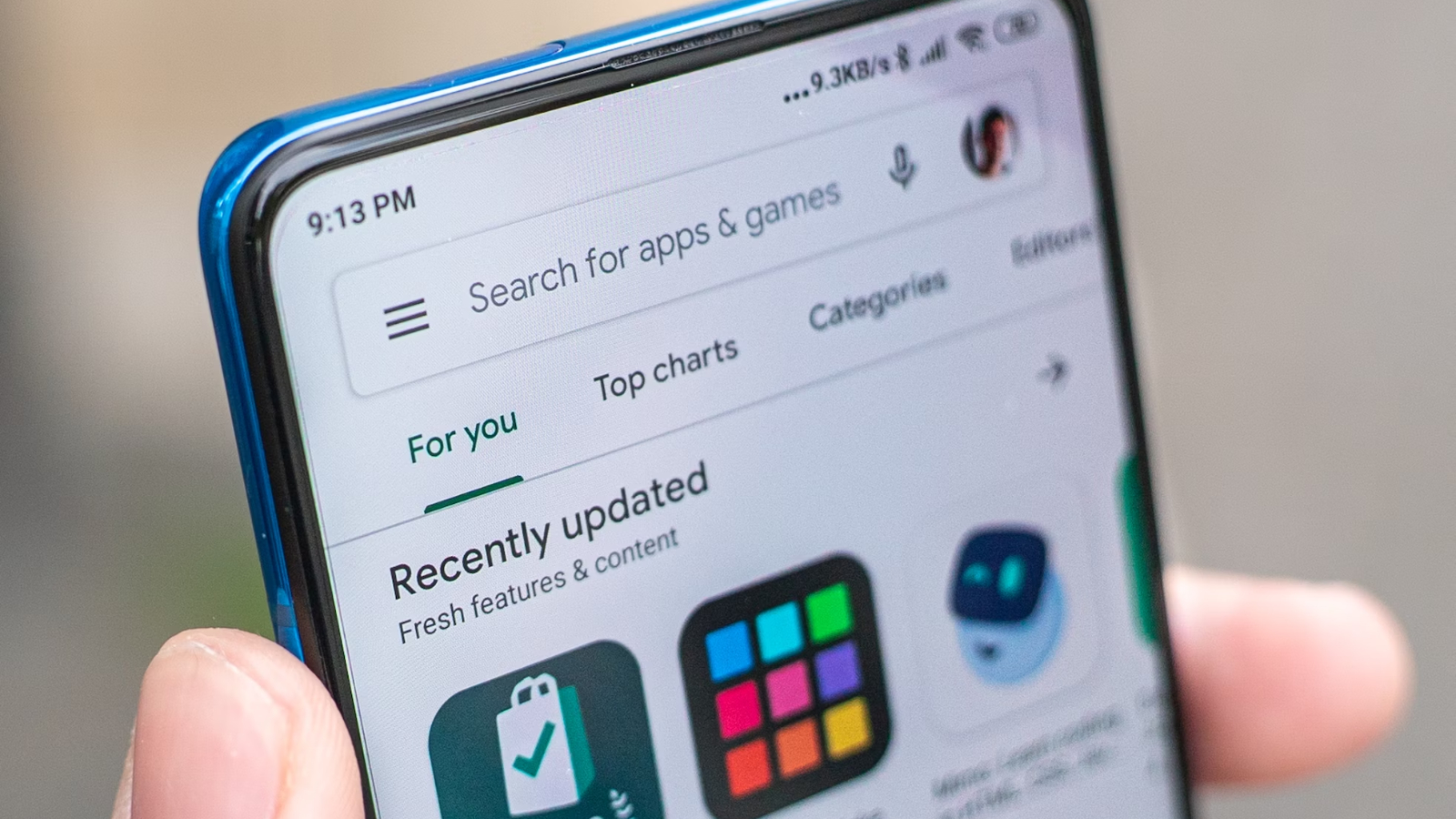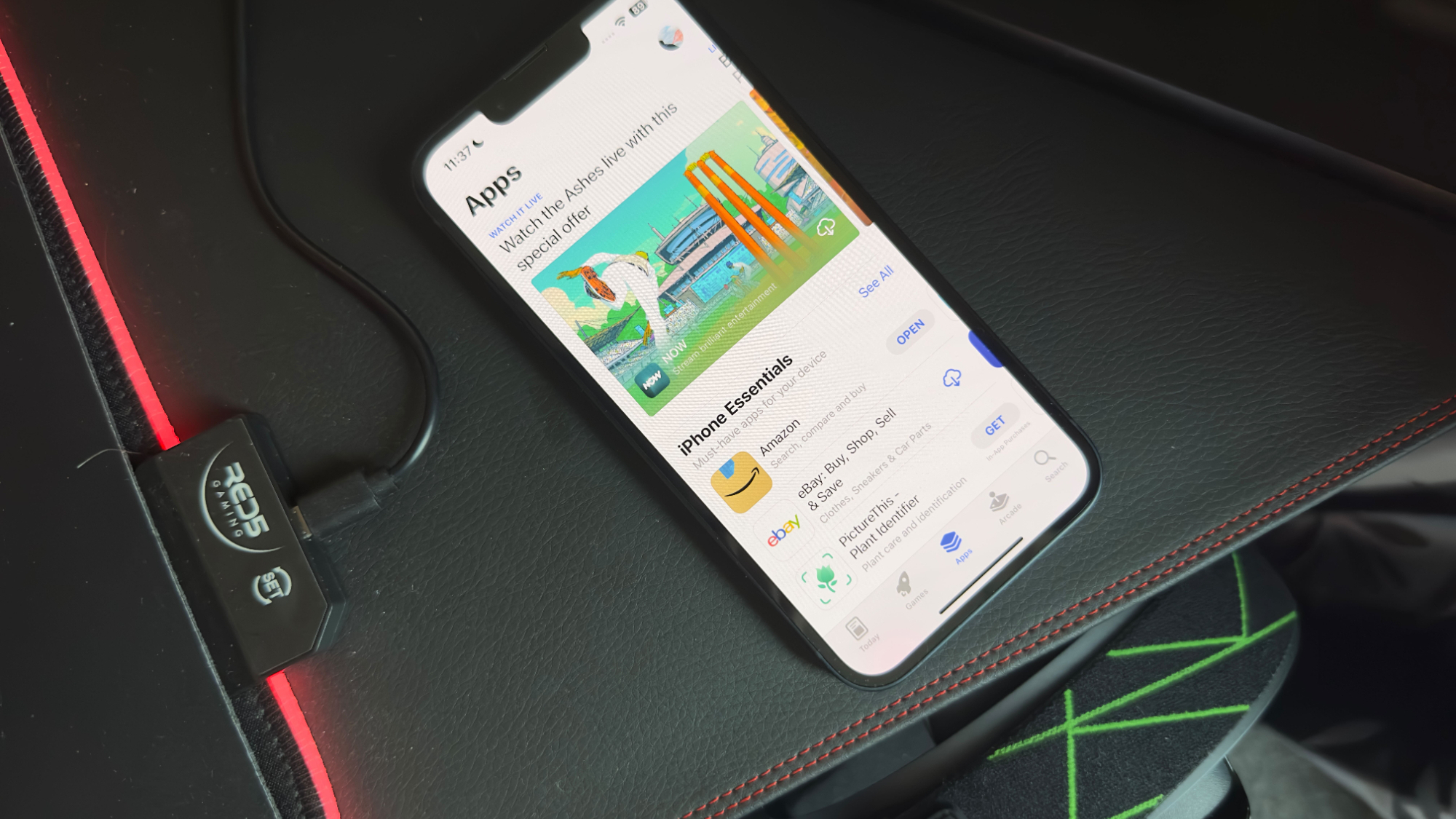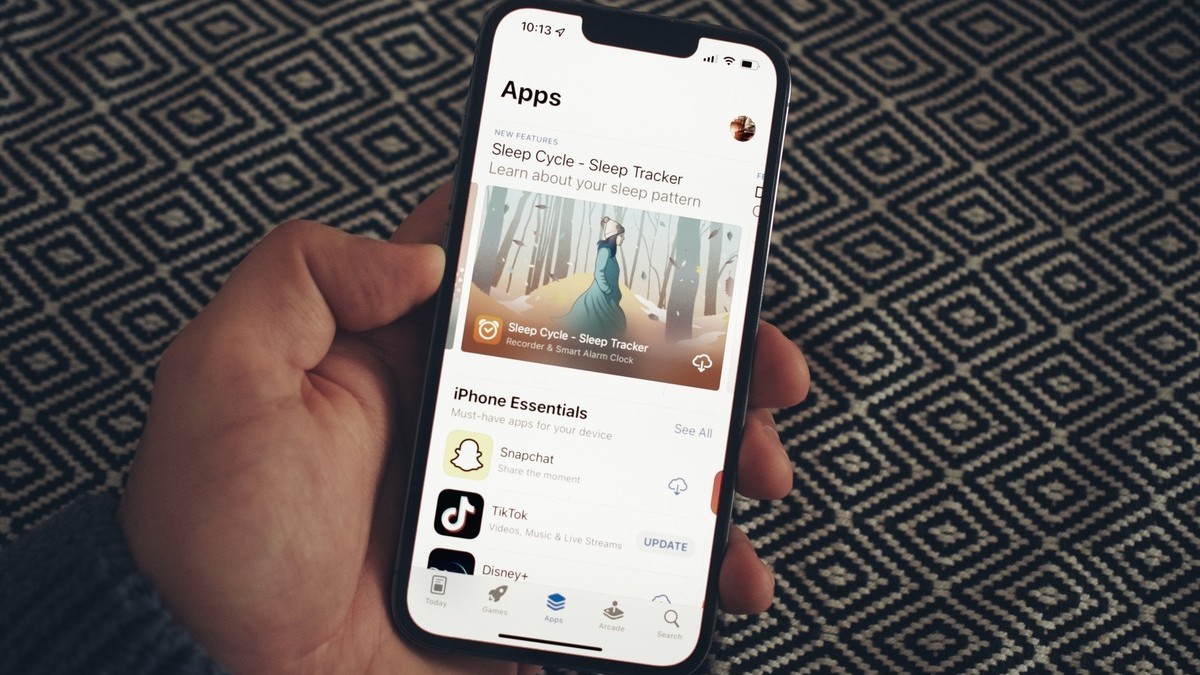
The jury in the Epic Games v. Google app store trial has ruled in favor of Epic, finally scoring the Fortnite maker the legal victory it has been chasing for three years.
The news
In a ruling this week, the jury hearing the case between Epic and Google ruled unanimously in favor of Epic Games. As reported by The Verge, “it found that Google turned its Google Play app store and Google Play Billing service into an illegal monopoly.” More specifically, they found that “Google has monopoly power in the Android app distribution markets and in-app billing services markets, that Google did anticompetitive things in those markets, and that Epic was injured by that behavior.” The jury also ruled that Google has an illegal tie between Google Play Billing and Google Play and that it fostered anticompetitive distribution agreements with developers and OEM Android manufacturers.
Why it matters to you

Epic Games, which makes Fortnite among other things, has sued both Apple and Google over their respective app stores. They want the rules of both changed so that Epic Games can host their own app store on iPhone and Android, with their own rules and payment systems, collecting the revenue themselves rather than ceding it to companies like Apple. It’s part of a legal storm that has brought the prospect of opening up iOS to third-party app stores and payment systems right to Apple’s door and was arguably the catalyst for government intervention in the EU and other countries around the world.
What Epic is saying
Epic Games celebrated the win, stating the verdict “is a win for all app developers and consumers around the world” that “proves that Google’s app store practices are illegal and they abuse their monopoly to extract exorbitant fees, stifle competition and reduce innovation.” Epic says the evidence from the case “demonstrates the urgent need for legislation and regulations that address Apple and Google strangleholds over smartphones, including with promising legislation in progress right now with the Digital Markets, Competition and Consumer Bill in the UK and the Digital Markets Act in the EU.”
Google responds

In a statement reported by The Verge, Google says it plans to challenge the ruling, stating “Android and Google Play provide more choice and openness than any other major mobile platform. The trial made clear that we compete fiercely with Apple and its App Store, as well as app stores on Android devices and gaming consoles. We will continue to defend the Android business model and remain deeply committed to our users, partners, and the broader Android ecosystem.”
The fallout - iMore’s take
On the face of it, this victory might look like a worrying premonition for Apple. However several facts of the case and its outcome are very different. Firstly Epic Games v. Google was judged by a jury, rather than a judge as in the Epic Games v. Apple case. Secondly, it sounds like Google was up to plenty of “under the table” dealings such as the aforementioned “Project Hug,” distribution agreements signed with developers and Android smartphone vendors. A judge ruled against Epic in its case against Apple on all but one count, and the case now rests in the appeals courts where both parties have disputed the outcome. It’s interesting that a case with similar merits wound up with two such significantly different verdicts.
As noted, Epic Games cases against both Apple and Google have proven to be catalysts that have pushed antitrust legislation through in several different territories, most notably the EU, which is pushing Apple to accept third-party app stores and sideloading with its Digital Markets Act. While Apple has resisted these changes and warned of the security dangers involved, company confirmed in an SEC filing in November it expects to make changes to the way its App Store runs ahead of the March 2024 compliance deadline. While those changes will probably be limited to EU territories, the change proves the outcome of the Epic Games trial is largely academic, given legislation has moved at pace and surpassed Epic’s legal challenge as the best recourse to the issue.







